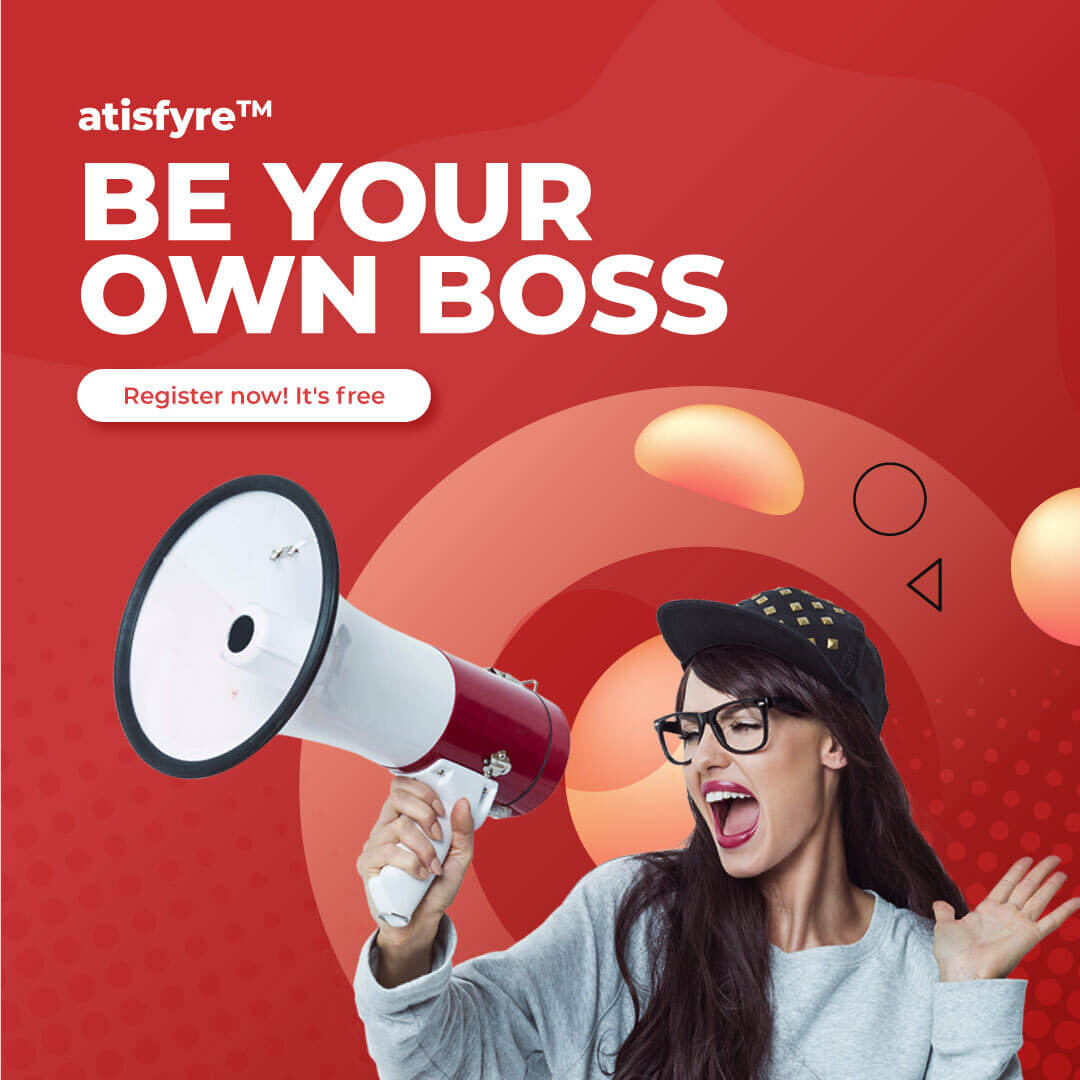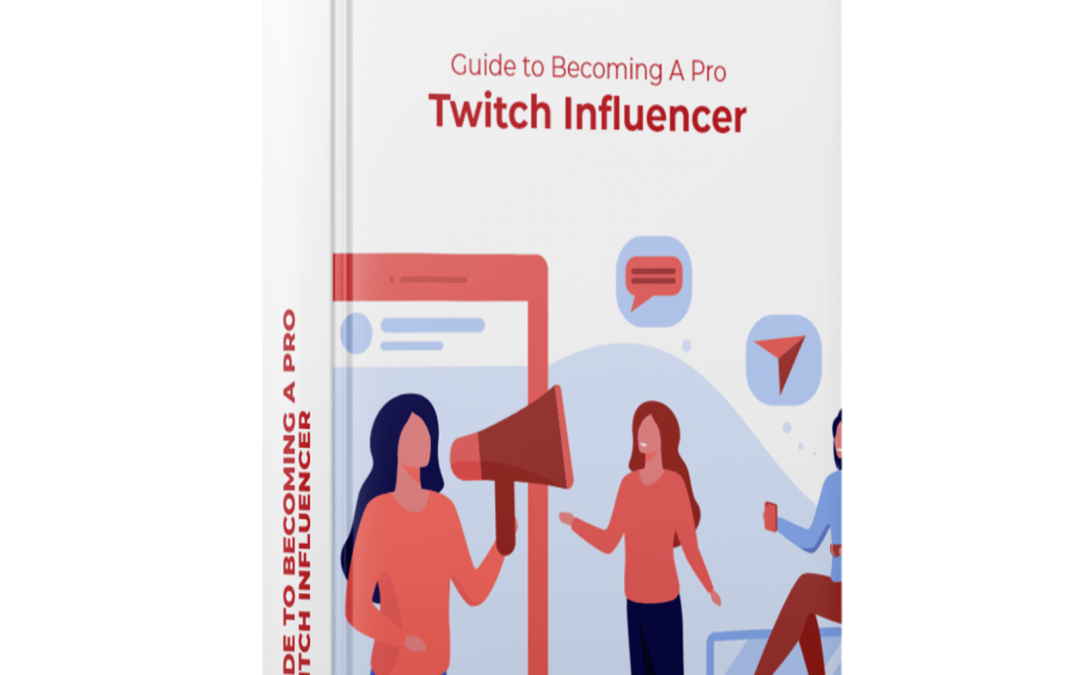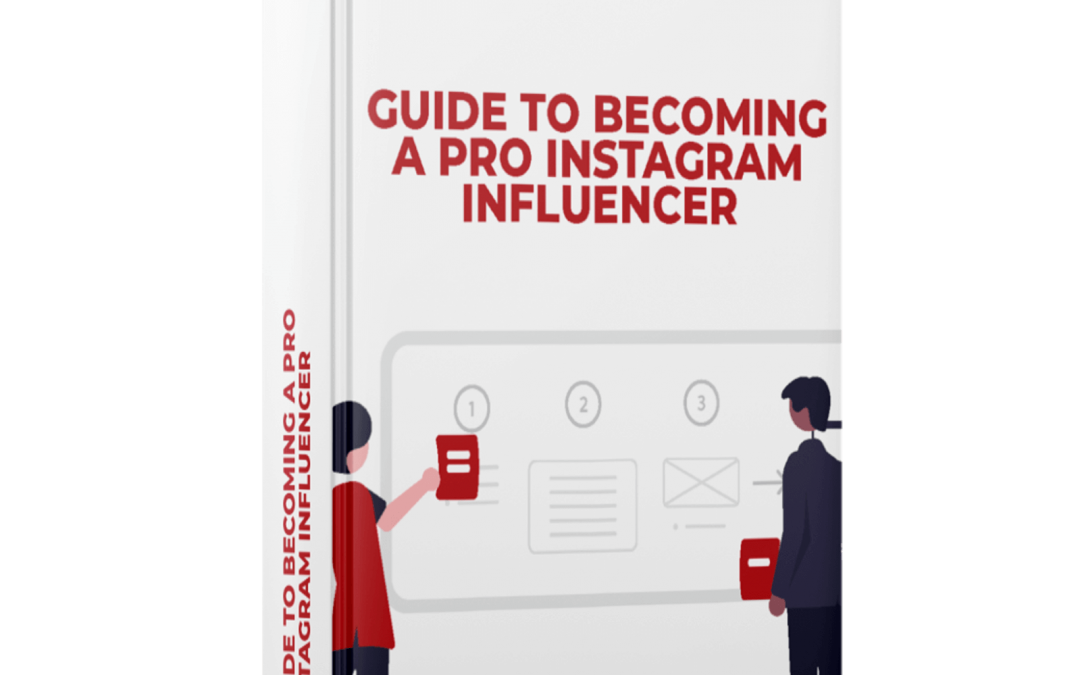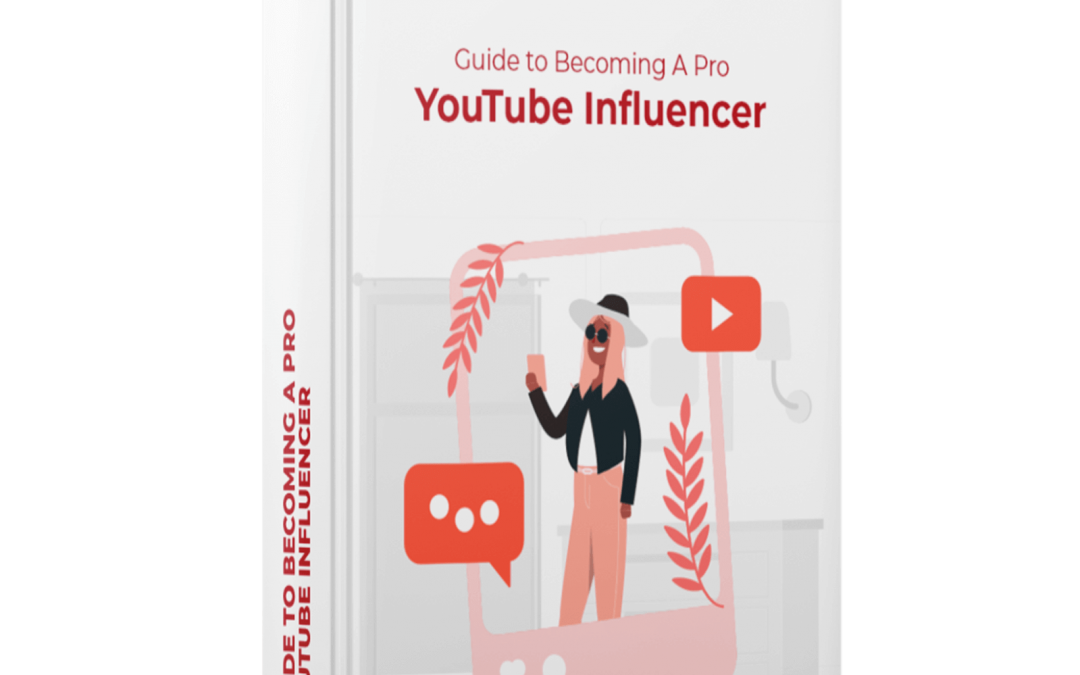The first sponsored content appeared in print newspapers decades ago. Since then, sponsorships have evolved into internet marketing, overtaking other forms of content consumption. On social media sites like Facebook and Instagram, organic sponsored content is booming.
You and the brand can benefit from working together on a sponsored campaign. Access to your audience allows the brand to market its products and increase its reach. At the same time, you get to convert your hard-earned relationship with your followers into a paid opportunity.
It is also crucial that your sponsorship deals or association with brands should not feel like a hollow marketing gimmick to your followers. You don’t want your followers leaving you, right?
In this blog, you can learn how to make your sponsored content feel organic and authentic to your audience, so they don’t just love your channel but also buy from the brand you are promoting. Win, Win!
The Difference Between Organic Sponsored Content and Native Advertising
You can see that they are entirely different types of advertising just by their names. In reality, it’s common for people to be unsure about what they aim to achieve and get confused between the two. Here is how they are different from each other:
Format: Unlike native ads, sponsored content doesn’t explicitly promote products. Traditional content aims to persuade viewers to act a certain way or move forward in the sales process. What the brand wants is the main focus.
Creator: Native ads are created by the brand that hopes to gain from them. Creators often produce sponsored content, but they must ensure the final product lives up to the standards of quality and tone that their audience has come to expect.
Publisher: The publisher merely offers a space on their website for a traditional ad. You can push sponsored content further via marketing initiatives, such as a blog post email or pop-up banner, purchased ad space on a social networking site, etc.
Sponsored content is the intersection of native ads and branded content depicted below:
5 Tips to Ensure Your Branded Content Always Feels Authentic
1. Take your audiences’ expectations into account
You must provide your audience with the content they want from you for the campaign to succeed. They adhere to you to receive the information you provide. Finding the right balance between marketing the company and keeping your relationship with your loyal followers is crucial.
2. Choose the right brand
Search for businesses that align with your beliefs and message. It doesn’t belong on your social media page if you wouldn’t use the product or service yourself.
3. Choose the right cause
Some combinations just don’t work. Promoting vegan ready-to-eat products is not a good idea if most of your audience knows you are a meat-eater. If you use complicated marketing tactics such as using your dogs to market beauty products, you may need a lot of creativity to pull it off. Consider the effort required to make such sponsored content feel organic.
4. Avoid Adspeak, but use storytelling
People like learning from, being inspired by, and finding solace in good stories. Make an effort to make branded content feel relatable and shareable. Also, don’t hide the fact that you’re promoting a product. Your followers are intelligent people who will be able to make out when you share sponsored material.
5. Create a formula
Some influencers find it simpler to follow a structure or straightforward formula for their organic branded content. You can stay consistent with the framework. Aim for honesty and full disclosure to keep the trust of your audience.
Examples of Sponsored Content Done Authentically
Let’s look at some of the best examples of organic sponsored content from brands who just knew what they were doing. This is where you can get all your inspiration for sponsored content and then fashion your posts accordingly.
CR7 Footwear sponsors Cristiano Ronaldo
This placement demonstrates how a prominent influencer may successfully promote a range of products that aren’t only confined to their sector. Usually, sponsoring an athlete makes sense for businesses that offer sports apparel or athletic equipment instead of lounge shoes. But in this case, Cristiano’s experience with sponsored content and being a natural at product promotions is a boon. Fans may think they are looking at a behind-the-scenes photo of a brand ambassador rather than an advertisement, as the picture shows him relaxing and reading a book rather than focusing on his shoes.
Viewers of this post may believe and follow Ronaldo’s shoe endorsements even when the footwear isn’t sporty because he is a well-known athlete and influencer who has previously advocated clothing.
Coach sponsors Selena Gomez
Another excellent example of sponsor and promoter alignment. Selena Gomez often posts pictures of her clothing and opinions about fashion on her social media accounts. Coach is a high-fashion luxury brand that piggybacks on celebrity endorsements. Her followers expect this when she casually discusses and tags a brand she is wearing. For Selena and Coach, this is a well-executed organic sponsored post.
Smaller businesses that want to market their merchandise through an influencer with a huge following to appear in images with their products could find this sponsored content approach useful.
Tractor Supply sponsors a dog influencer
The owner of Stella videos her and her family touring a Tractor Supply shop in this sponsored post from @DogNamedStella. The dog and kids play with toys and other products on the shelf in the video, which includes several images of the store. The video also shows the puppy playing with the kind store personnel. By supporting the content of a well-known dog influencer with more than 284,000 followers, Tractor Supply may be able to raise awareness about its equipment among dog lovers and owners who may not be aware that they provide more than just landscaping materials.
This content creatively showcases a physical store, unlike many sponsored posts that frequently feature online services or products. Such organic sponsored content may help promote a small business or local shop that doesn’t have an online shopping option.
5 Questions to Ask Before Creating a Sponsored Post
Think critically and ask questions about the aim of the content and what it should accomplish before sending a tweet or posting a reel. This is particularly true for sponsored content because every business sponsors for a specific reason: to increase awareness, advertise a coupon or discount, encourage participation in a contest, or achieve any other marketing objectives.
1. What is the brand’s tone on social media?
Always respect your voice, but it is also essential that sponsored content should match the brand’s tone. Reading a company’s website and social media sites, and taking note of the language used, will help you understand the brand’s tone. Create a blend of the two in your sponsored post.
2. What is the core message of the campaign?
Communicate clearly with the brand’s message before creating any content. This information lets you think of how to promote the product with your personal story. For instance, an Italian pasta sauce can be promoted by discussing a pasta recipe that has been in your family for generations.
3. How does your audience benefit?
Be mindful that you don’t alienate your audience during partnerships. Shocking your audience with something they know you don’t do may have an opposite effect than you expect. Make every effort that the sponsored posts have the same recognizable style as your other posts.
4. What content types do you need?
Research the kind of imagery the brand usually posts and see if you can create something similar in sync with your content. Also, consider whether a video will do a better job keeping the post organic or will a photo suffice.
5. How can you optimize for SEO?
Make your post SEO friendly. This will help with increased visibility and enhance engagement beyond your circle of followers. Select a relevant keyword that fits the brand’s message (or ask them if they have one) and use it in your texts.

Create Sponsored Content for Brands With Atisfyre
Sharing organic sponsored posts with your audience will become more natural and straightforward as you work with businesses and develop your brand and tone. As you concentrate on the general style of your collaborations, you’ll discover that more people are interested in them and, more significantly, more businesses want to collaborate with you.
Finding paid sponsorships doesn’t have to take up most of your time out of your content creation efforts. Atisfyre’s AI-based platform lets you connect to brands from any part of the world and work on exciting campaigns. The best part? No uncomfortable negotiations. Guaranteed payments.









